As the world’s largest cryptocurrency exchange by trading volume, Binance holds considerable sway over the crypto market. The listing of a coin on Binance often triggers a significant price surge, particularly under favorable market conditions. With over 200 million users globally and a daily spot trading volume surpassing $19.6 billion, Binance has become a coveted platform for millions of crypto projects. This Coincu’s article will list 10 potential candidates for upcoming Binance listings in 2024.
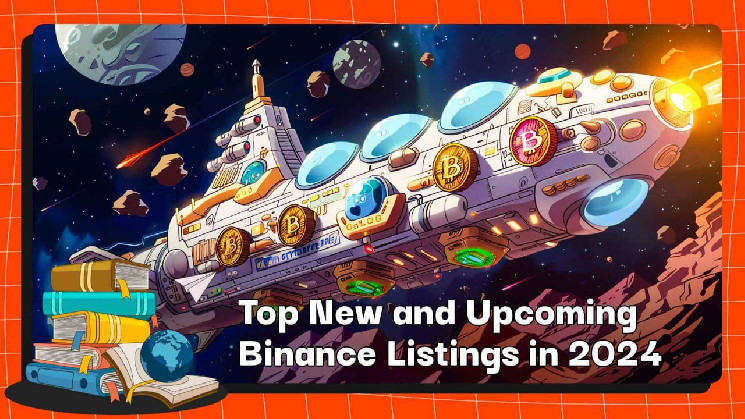
Table Of Contents
- Top 10 Upcoming Binance Listings
- Conclusion
- EigenLayer – The first staking platform on Ethereum
- Puffer Finance – The project uses advanced staking technology with support from the Ethereum Foundation
- Monad – Blockchain uses EVM compatible PoS mechanism
- Farcaster – Decentralized Social Graph Protocol
- Scroll – Layer 2 scaling solution for Ethereum using ZK Rollup technology
- Babylon – Blockchain allows Bitcoin staking
- Aztec Network – Layer 2 uses Private ZK Rollups technology
- Eclipse – Blockchain Layer 2 with the fastest speed expected
- GOMBLE – Provides a simple, accessible gaming experience
- Avail – Polygon’s Modular blockchain
Top 10 Upcoming Binance Listings
1. EigenLayer
EigenLayer will be the first to bring activities regarding the validation of new modules and protocols within the Ethereum ecosystem to ETH stakeholders. This brings them closer to the introduction of “Restaking” into Ethereum’s Proof of Staking machinery, where staked ETH is allowed to act as the economic security for protocols other than Ethereum.
Of course, EigenLayer is one of the top projects in the Restaking sector. Such a predominant position makes it a key player in the market. EigenLayer holds the second position in the Ethereum ecosystem after Lido Finance, with its TVL pegged at $18 billion. That’s a large TVL, considering this portrays its potential to pull huge capital from smaller protocols into the platform, thereby showing the trust ETH holders have in it.

The EigenLayer ecosystem extends to several smaller projects like Etherfi, Renzo, AltLayer, and Swell Network. All of these projects have already been listed on the roadway to listing on Binance, which evinces the influence EigenLayer holds and the expression the market has for its potential.
Given its dominant position in the Restaking narrative and strong ecosystem support, the upcoming Binance listing of EigenLayer seems promising. The project’s robust performance and strategic partnerships within the Ethereum community further enhance its prospects for broader market recognition and adoption.
Read more: EigenLayer Review: The First Restaking Protocol To Earn Profits And Secure Ethereum
2. Puffer Finance
Puffer Finance is an Liquid Restaking (LRT) protocol built on top of the EigenLayer platform to help in surmounting challenges related to Ethereum Proof of Stake and the various opportunities it gives to regular users and Validators. The platform provides regular users with a platform where they stake Ether, against pufETH tokens for profiting. This has made resource optimization and diversification easier.
Puffer’s lower threshold of capital to be maintained means reduced requirements from 32 ETH to just 2 ETH if one were to operate an Ethereum PoS node. This in itself makes it within reach and helps small investors take part in the network. The smart nature of its anti-slashing technology brings it an edge over many other protocols that outsource this solution to third-party providers like SSV.
The LRT protocol has a 3.7% significant market share of the LRT sector, thereby putting it at par with any other giant, including the Renzo listed on Binance and valued at $1.23B. It is among the best-performing projects in its space and second to ether.fi and Renzo after a Total Value Locked of $1.7B.
Puffer Finance seems to be the most likely candidate for the upcoming Binance listing because of the investment support from Binance Labs with its potential within the LRT ecosystem.
Read more: Puffer Finance Review: Liquid Restaking Protocol Is Invested By Binance Labs
3. Monad
Monad is a Layer 1 blockchain project compatible with the Ethereum Virtual Machine, and it looks to further flesh out the Ethereum ecosystem by improving transaction efficiency. It brings with it something unique: its transactions can have a linear ordering for execution in parallel, which doesn’t impact their final outcomes. This supports Monad in processing transactions more effectively and helps application developers by reducing disruptions.
It envisions a high transactional throughput of up to 10,000 TPS. Monad has recently received much attention from the blockchain community as it secured an amount as heavy as $244 million from top market funds, including Paradigm, Dragonfly Capital, and OKX Ventures. This level of funding would certainly work as an indication that Monad is going to grow tremendously and would not be staying inside small exchanges.
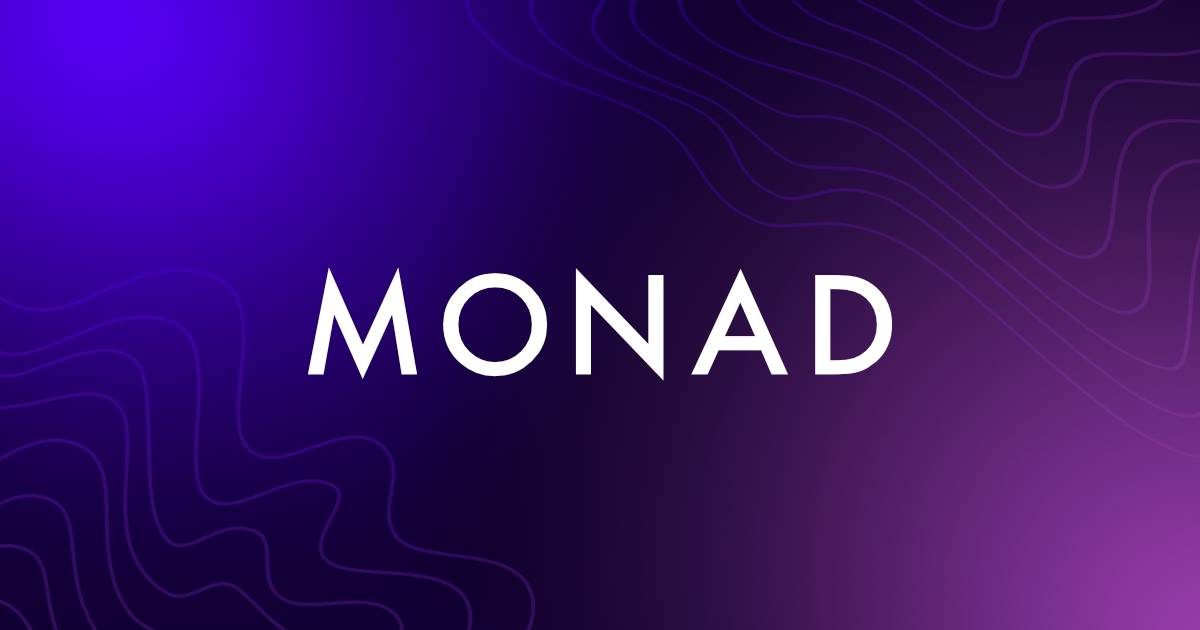
Parallel Execution Monad has its state-of-the-art technology in the “Parallel Execution” platform that allows it to maintain many transactions at a time. This approach solves scalability challenges, reduces gas fees, and promotes energy efficiency. Apportioned at the front of the parallel execution narrative, Monad is creating itself as one of the potential candidates for upcoming Binance listings.
Read more: Monad How To be The Fastest, Cheapest And Most Secure Layer 1 EVM?
4. Farcaster
Farcaster is a decentralized SocialFi protocol on the layer 2 Base chain that will shift the paradigm for social applications by watching over core values of control of user data and developer autonomy. In this instance, Farcaster empowers users to send short messages and link Ethereum accounts. ETH ownership verification allows displaying NFTs and setting them as profile pictures.
Furthermore, recently, Farcaster raised impressive funding of $180 million with top investors like Paradigm and a16z, right after Monad as the second-best-funded project in the year. Moreover, strategic participation from its strong ecosystem drew more than 500,000 wallets, according to Dune Analytics, with activity metrics like casts and reactions steadily on an uphill climb.
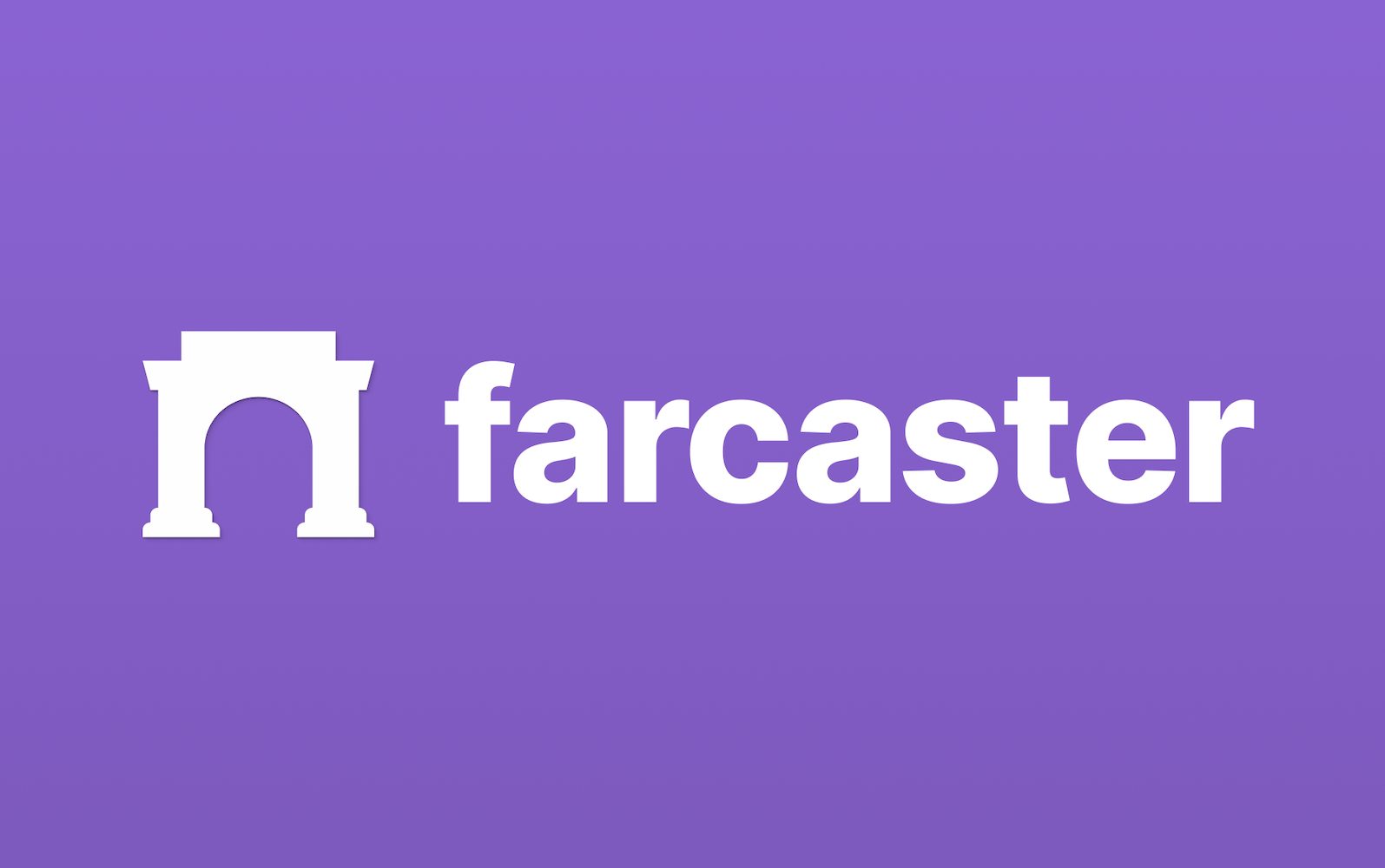
This has helped to make the chain domination of Farcaster on the Base a pivotal platform, able to draw in a huge number of users and act magnetically toward new adopters. The influence has even led to the passing of friend.tech, another SocialFi platform, which moved to develop its own Friendchain after struggling to compete under the shadow of Farcaster.
Looking ahead, if this is the pace of Farcaster, it would no doubt to be a upcoming Binance listing project—cementing its top position within the decentralized social space.
Read more: Farcaster Review: The SocialFi project frequently mentioned by Vitalik Buterin
5. Scroll
Scroll is one of the leading Layer 2 scaling solutions on Ethereum, and that can help boost transaction throughput while keeping transaction costs from increasing or confirmation times back. Scroll uses its Rollup model to bundle dozens of transactions into blocks on its own chain, therefore lightening the load on Ethereum.
Recent developments in the Ethereum ecosystem further support Scroll’s position. Specifically, the passing of the spot Ethereum ETF has promised to make Layer 2 solutions much more viable. Last but certainly not least, upcoming upgrades are intended to lower transaction fees across Ethereum’s Layer 2 protocols, thus actually making them viable for users en masse.
Scroll has managed to render significant financial backing for its vision upwards of $80 million across two funding rounds to date, both led by Polychain Capital. That places Scroll at a $1.8 billion valuation—leaning toward the market’s great presence and faith that investors have enrolled in the firm.
On market listing, Binance has sent feedback on strategic exposure to projects within the Ethereum ecosystem, especially participating in Layer 2 scaling and Restaking initiatives. To this end, other Layer 2 solutions such as Arbitrum, Optimism, Manta Network, and StarkNet had already garnered a listing on Binance. With its stable performance metrics and strong cash flow, Scroll will become a promising candidate for upcoming Binance listing.
Read more: Scroll’s Technical Principles: Ensuring User Safety Comes First
6. Babylon
Babylon is a Bitcoin staking protocol supported by the Cosmos blockchain, constructed for easy and secure staking and restaking of Bitcoin. One of the major competencies of the protocol is that users are able to stake BTC into other PoS platforms natively and not with wrapped tokens or custodial services.
It helps to solve the challenge, seeking to bring together the very top security base found within the Bitcoin ecosystem and the flexibility of other PoS platforms that allows BTC holders to earn to the maximum and extend many more usages to Bitcoin.
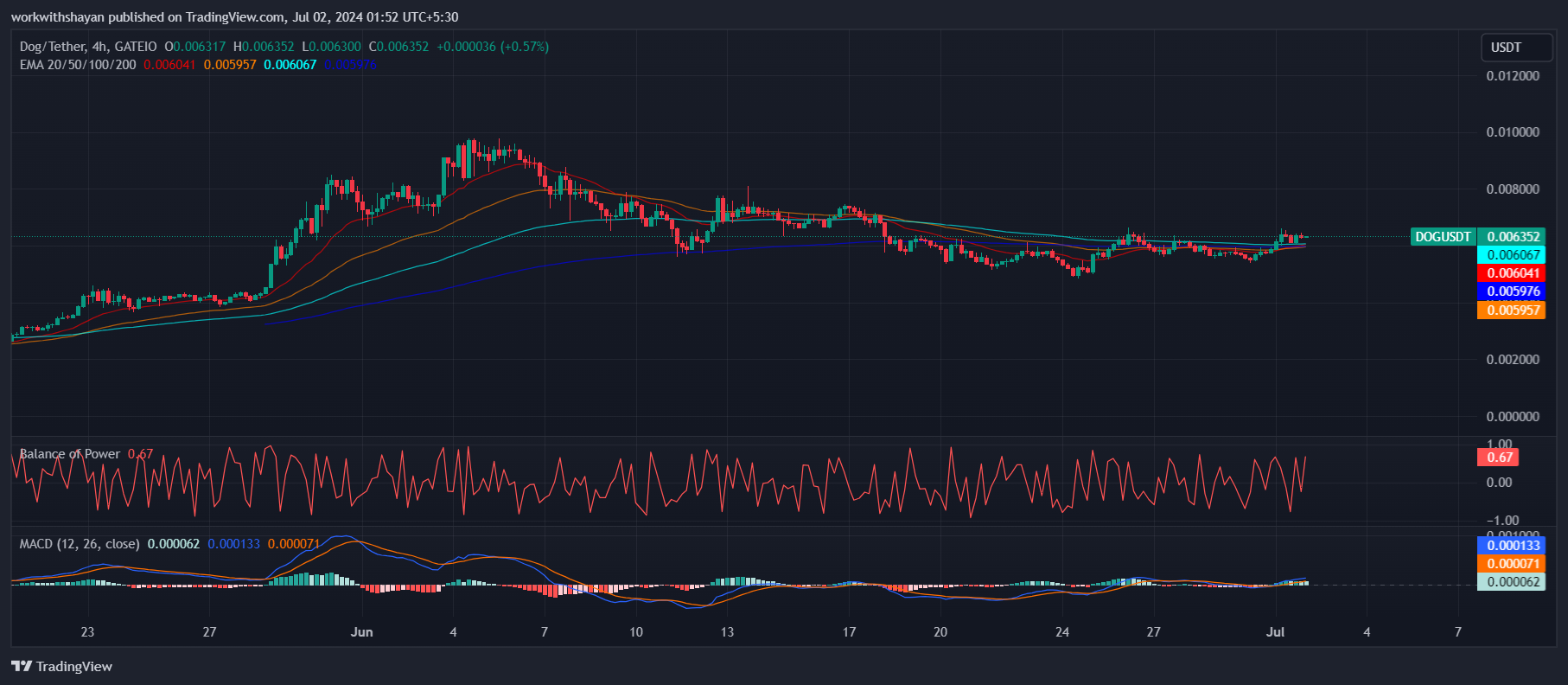
Currently, Babylon is on the verge of launching its Testnet-4 Cap 3, which also draws some important interest from the user community. This project potentially harbors a lot more, as evidenced by the fact that it raised $70 million in its funding round from top investment funds such as Paradigm and Polychain Capital.
Basically, Babylon is an influential staker and restaker in the developing Bitcoin ecosystem and therefore has huge potential for further constituent adoption and utility of the world’s biggest cryptocurrency. This high potential makes it among the strong candidates for upcoming Binance listings.
Read more: Babylon Review: Leading Bitcoin Staking Solution
7. Aztec Network
Aztec Network is a Layer 2 ZK Rollup solution scaling up Ethereum and adding some much-needed privacy into the system. Contrary to traditional public Ethereum transactions, the Aztec solution ensures that user transaction information will be private—it’s ideal for anonymity and security.
Compared to other Layer 2 solutions, Aztec enables users to have, importantly, private Txs with DeFi protocols on Ethereum. Aztec does not create an ecosystem in itself; instead, it taps into the functionality and liquidity of Ethereum. In effect, it places itself as a DeFi Aggregator.
One of the greater advantages Aztec has to its credit is cost efficiency, cutting down transaction fees by as much as 100 times in comparison with standard Ethereum fees. This lowers quite a lot of barriers for those users who find the high fees on Ethereum quite a big turn-off to begin using them.
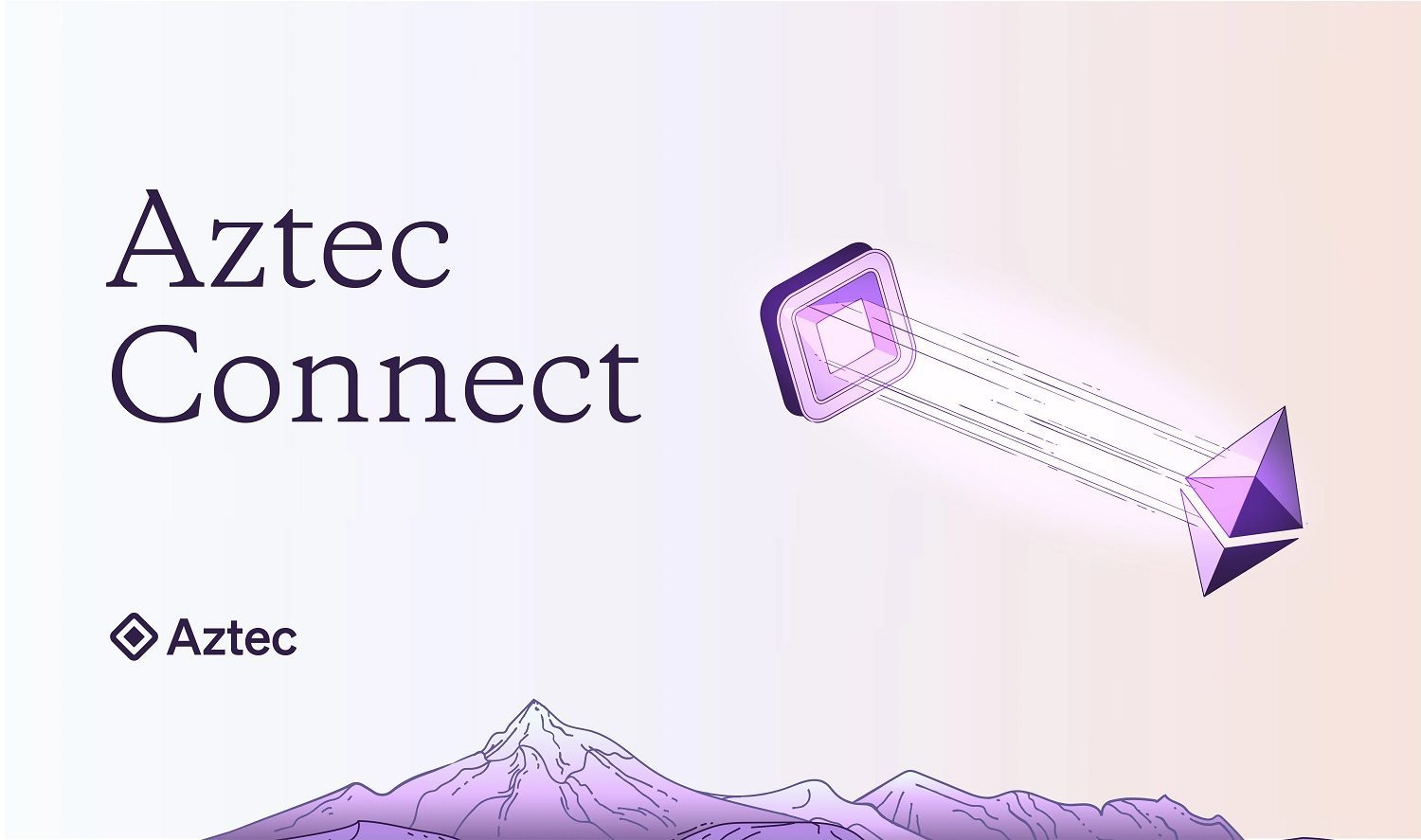
Aztec has had significant funding to date. In 2022, it closed a $100 million Series B fundraising event led by a16z and HashKey Capital, among others. Previously, Aztec had raised $19.1 million through two prior rounds that saw key participants such as Vitalik Buterin, Paradigm, and ConsenSys. That brought the total funding to as high as $119.1 million—a clear reflection of investor confidence in the project.
With the listing, Aztec is very well positioned for further growth, especially considering that the spot Ethereum ETF is soon to be listed and is projected to benefit Layer 2 projects. In addition, Aztec will have a very good opportunity for upcoming Binance listing itself, as this exchange often favors Layer 2 solutions based on Ethereum.
8. Eclipse
Eclipse is a layer-2 solution for Ethereum, utilizing the Solana Virtual Machine, which ensures advanced transaction throughput. From Ethereum, it draws parts for settlement; from Solana Virtual Machine, it draws parts for execution; and from Celestia, data availability, while the RISC Zero enables proving. Thus, Eclipse Mainnet ensures a resilient modular stack.
Eclipse can be thought of as a two-way bridge between Ethereum and Solana that brings together the best of both blockchains with all the benefits of data availability on Celestia. It is part of the Solana ecosystem, very much appreciated and the second to Ethereum in the blockchain community, notably by the largest platforms like Binance.
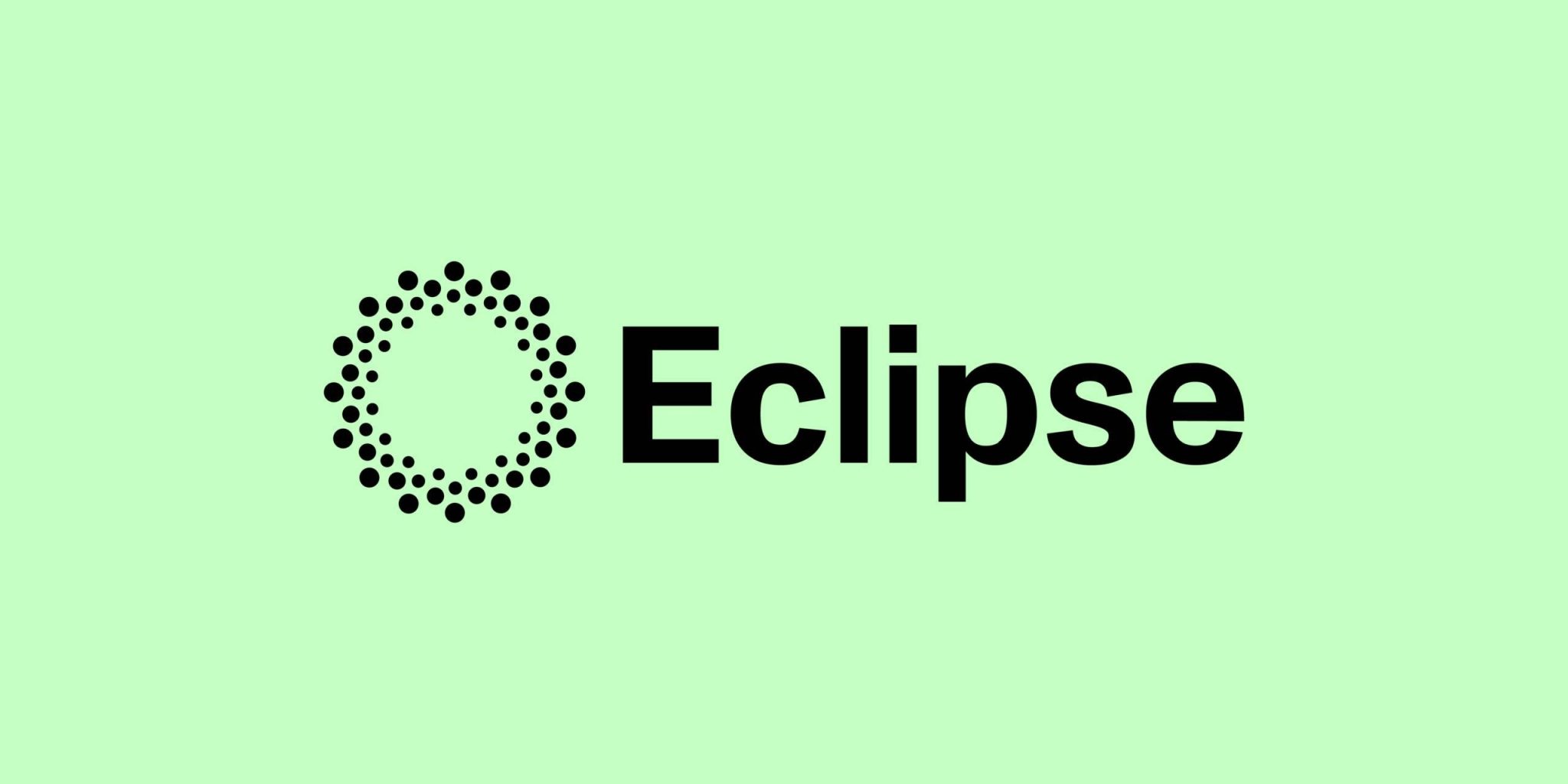
The project has raised a total of as high as $65 million across three rounds for its operations. It has come from prominent investment firms such as Polychain Capital, Hack VC, and Delphi Ventures—reflecting strong confidence in the future prospects of the project.
The technological might, the user-sucking ability of Eclipse, among other factors, are important considerations toward its potential for an upcoming Binance listing candidate.
9. GOMBLE
GOMBLE is a gaming studio for straightforward blockchain game development, focused on player enjoyment over painful economic incentives. This puts fun and engagement at the very front for gamers.
The studio has received wide attention for its airdrop program, sponsored by Binance Labs. Done using BNB as the staking asset, the campaign thereby portrays GOMBLE’s close association with Binance.

GOMBLE has raised $10 million through two investment rounds: Seed and Private. Although this is not a big amount in the cryptocurrency space, keeping in mind that this was solely invested by Binance Labs in the Seed Round is a great sign of its commitment to the growth of the project, including the possibility for the upcoming Binance listing.
GOMBLE forms a part of the GameFi narrative, too, which this year alone is expected to see massive growth—by the end of this year and into the next. Many GameFi projects, GOMBLE included, delay strategically their TGEs for where the surge in investment is anticipated in the GameFi industry.
10. Avail
Avail is a chain of first-of-its-kind modular blockchain networks developed by a team spun off from Polygon and focused on data availability. Enabling modular execution layers to scale empowers a scalable network seamlessly connecting multiple projects.
One of the unique features of Avail is its light client, which also bears significant responsibilities for the security of the network and data availability. Under the umbrella of DA, the light client ensures that the interoperating data fragments are available and correct, running independently of the application client.
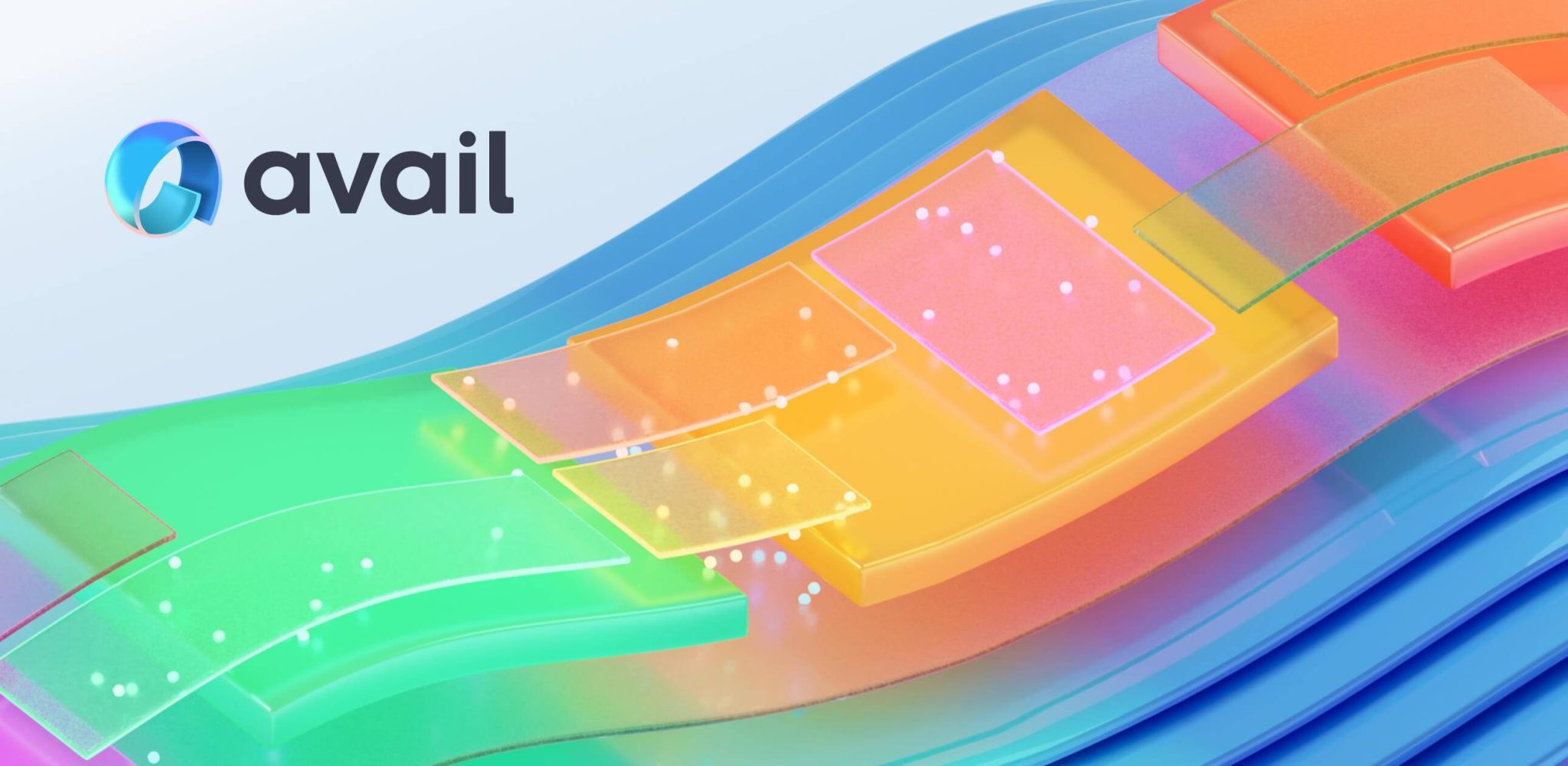
The project has drawn tremendous attention, with $75 million raised in two funding rounds from the leading Tier-1 investment fund DragonFly Capital. The huge backing could be interpreted as faith in Avail’s technical underpinnings and its potential for a huge impact in the blockchain space.
Integrate with strong technology, and Avail stands to be well-positioned in the quest towards a possible upcoming Binance listing. The airdrop event followed more recently, along with expectations of a TGE, reinforces the momentum behind this project and its explosive growth potential.
Conclusion
The appeal of Binance lies in the strict security measures, ease of use, and propensity to host new cryptocurrencies. Actually, Binance offers a wide new listing spectrum and claims that new listings bring innovative features and offer promising investment opportunities. In this regard, every cryptocurrency should get tight vetting to make sure security and reliability are at par with the platform.
Basically, we have opened for you some of the upcoming Binance listings that will happen in the near future, with striking features, and prospects of high return. Our goal is to arm you with enough information to make proper decisions while such projects are listed on the world’s largest crypto exchange.



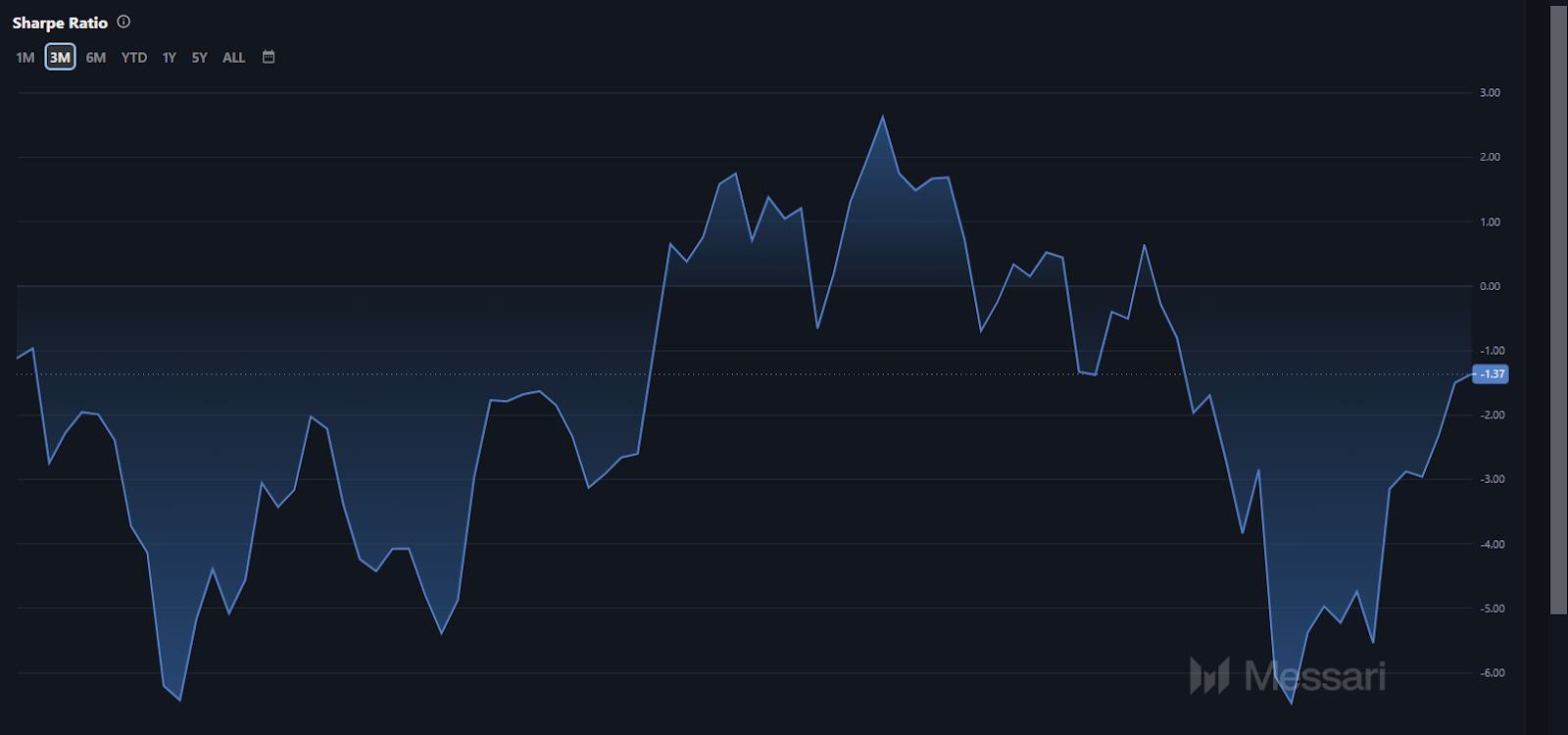
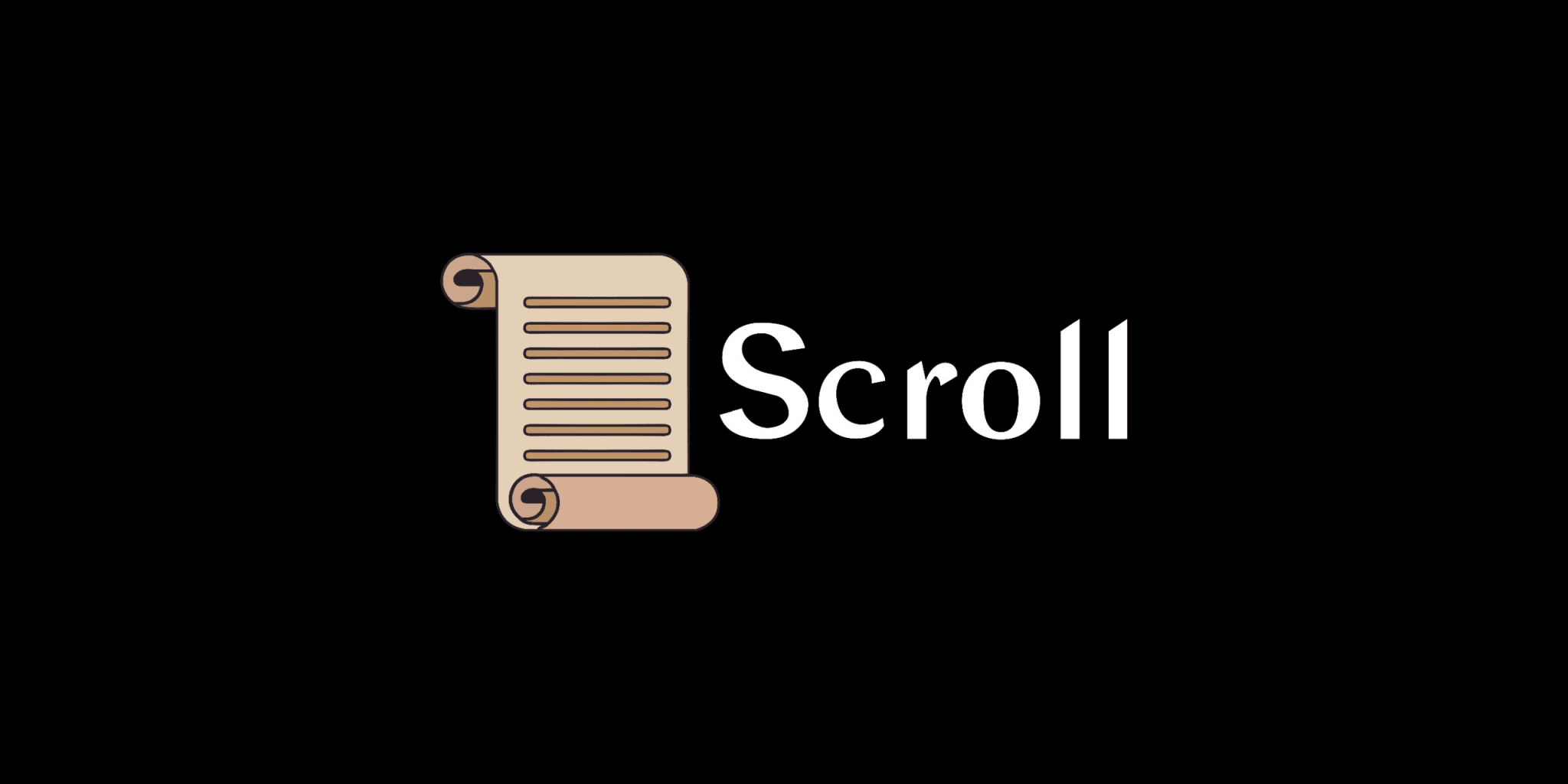




Leave a Reply